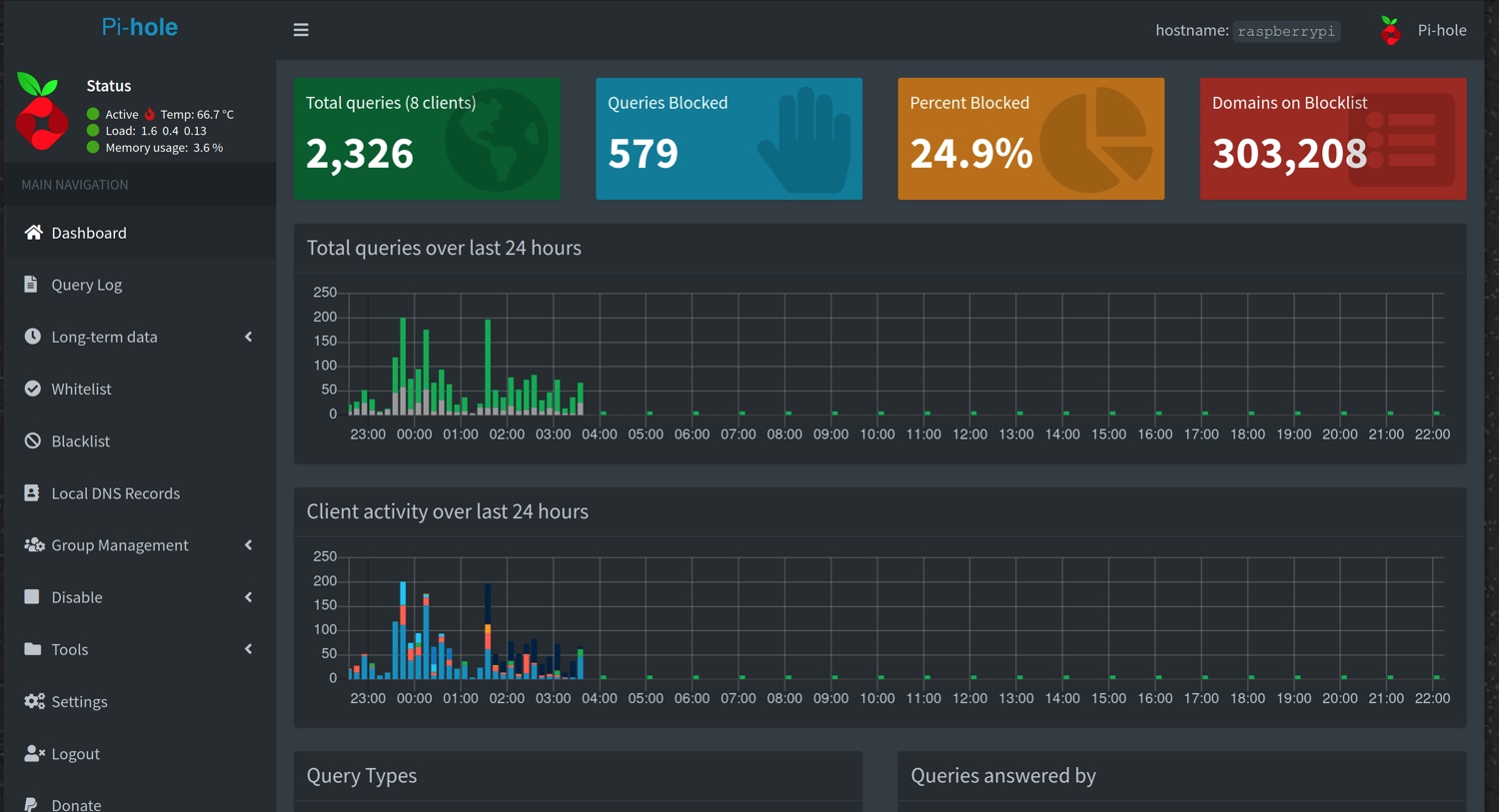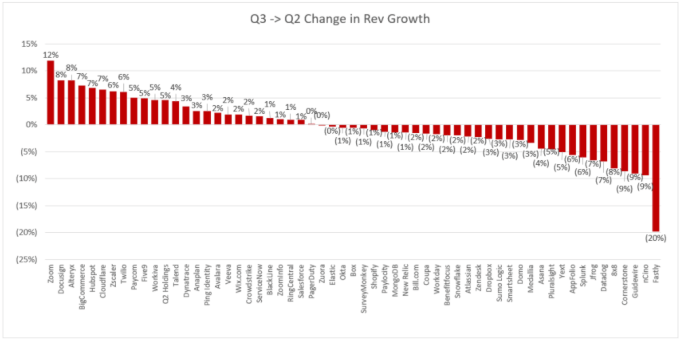- December 11, 2020
- by:
- in: Blog
The European Commission must block the Google -Fitbit merger as a matter of democratic imperative, prominent academic and author Shoshana Zuboff has warned. The Harvard professor who wrote the defining book on surveillance capitalism has become the latest voice raised against the $2.1BN data+devices deal — that’s now been delayed at the regulatory clearance stage
The European Commission must block the Google -Fitbit merger as a matter of democratic imperative, prominent academic and author Shoshana Zuboff has warned.
The Harvard professor who wrote the defining book on surveillance capitalism has become the latest voice raised against the $2.1BN data+devices deal — that’s now been delayed at the regulatory clearance stage for over a year.
Others calling for the Google-Fitbit acquisition to be blocked — unless or until robust competition, democratic and human rights safeguards can be baked in — include Amnesty International; scores of consumer, privacy and digital rights groups across civic society; and the EU’s very own data protection advisor, to name a few.
EU regulators are still considering whether or not to greenlight the merger. The deadline for them to make up their minds was recently extended into early 2021 — although a decision could come as soon as next week.
Back in August, the Commission opened an in-depth investigation into the deal — saying it was concerned it would “further entrench Google’s market position in the online advertising markets by increasing the already vast amount of data that Google could use for personalisation of the ads it serves and displays”.
EU lawmakers have also expressed scepticism over initial concessions offered by Google which suggested storing Fitbit data in a silo that it said would be kept separate from other Google data.
It also said it would not use Fitbit data for ad targeting — at least for a time-limited period (though it’s not clear what exactly it’s proposed in Europe). Elsewhere, Australian regulators are also still eyeing the deal — and recently sought industry feedback on a pledge by Google not to use Fitbit data for ads for ten years.
The ACCC published draft undertakings in November which includes stipulations such as: ‘Google must not use any Measured Body Data or Health and Fitness Activity Location Data in or for Google Ads’ and that data must be kept separate.
But Zuboff’s point is that targeted advertising is just the tip of the vast data-extracting ambitions of surveillance capitalists — while health data is one of the few personal data fields these digital giants have not yet been able to mine in their usual limitless way.
“Any notion of approving the Fitbit acquisition — based on Google’s promises not to do something that is anyway an irrelevant thing, to do or not to do — is a serious mistake,” she said yesterday, giving the keynote speech at the annual lecture of the EU Parliament’s Science and Technology Options Assessment (STOA) panel.
“Such a decision should be reconsidered immediately. And never again repeated,” she added.
A Google spokesman declined to comment on Zuboff’s remarks — pointing only to its blog post from August where it claims the deal is about ‘devices not data’.
Beware the “epistemic coup”
In the STOA lecture, Zuboff articulates a view of tech giants’ uncontrolled extraction and use of data leading to what she described as an “epistemic coup” — where bottomless digitally-enabled data extraction leads to an unprecedented dominance of knowledge by the private sector, generating radical inequalities and full-spectrum harms, as a data-empowered few are able to run roughshod over humanity, democratic values and the rule of law in the name of increasing their profits.
“There is no ‘attention economy’; these are effects of a deeper cause — and that cause is surveillance capitalism’s economic imperatives. These corporations are not publishers, they are not distributors, they are not merely adtech providers; they are indiscriminate, radically indifferent all-you-can-eat extractors of everything forever, all for the sake of prediction that become more lucrative as they approach certainty,” she said.
“Knowledge at this kind of scale produces a new kind of power over people. This is what data scientists call the shift from monitoring to actuation. Where there’s actually sufficient data about a machine system to be able to control it remotely. The thing is now it’s not just the machine systems; it’s the human systems.”
The wide-ranging keynote is well worth watching in full for how clearly Zuboff articulates why allowing corporates to “unilaterally claim[…] private human experience for raw material, bent to the purposes of datafication, computational production and sales” is terrible for humanity and the (genuine) communities which make up our civilization — likening it to how uncontrolled extraction of oil for corporate profit has threatened the survival of life on earth, fuelling climate change, biodiversity decline and mass species extinction.
The nub of the argument is that surveillance capitalism’s target is human nature itself — with Zuboff calling out the ‘data business’ playbook of “hidden extraction mechanisms” which she said are robbing us of the ability to fight back.
“Today our nemesis is not, and could never be, mere data or technology — but rather the extractors, led by a handful of giant corporations: Google, Facebook, Apple, Amazon, Microsoft, to name only the largest, along with their complex, far-reaching ecosystems, these are corporate institutions that have pioneered a new logic of extraction but with a dark and startling twist… These corporations have placed the defence of their narrow economic self-interest above the interests of individual sovereignty, democracy and humanity itself.”
The keynote included a call to action to European lawmakers to step in and reverse what has been allowed to become entrenched at humanity’s expense.
“I am here today because the European Union represents humanity’s best hope to alter this course before lawless, unprecedented computational concentrations of knowledge and power become as irreversible and poisonous to our societies as the toxic concentrations of carbon dioxide in our atmosphere have become to our earth,” said Zuboff, adding: “The idea that we could bequeath both of these cataclysms to our children is intolerable.”
EU lawmakers are on the cusp of unveiled a major package of legislative proposals which will update rules for digital services and bring in new requirements for platforms with significant market power.
The Commission’s Digital Services Act (DSA) and the Digital Markets Act (DMA) proposals are due to be presented next Tuesday — the start of a long road of negotiating to turn the policies into EU law.
It’s turned out to be particularly awkward timing for the Commission, in parallel with the Google-Fitbit decision. Not least because a key EVP involved in shaping the new digital strategy, Margrethe Vestager, is also the competition commissioner — so she’s simultaneously tasked with deciding whether to waive the tech giant’s latest data acquisition through, even as she puts the finishing touches on ex ante rules for gatekeepers that won’t likely come into force for years.
Vestager told the EU parliament’s Committee on Economic and Monetary Affairs this week that the Commission’s incoming proposals for a major overhaul of digital regulations are necessary to tackle the challenges of the platform economy.
The scale and the scope of the platform economy is “unprecedented and it’s increasing”, she said, acknowledging that the digitization process has “given us a concentration of data, intellectual property, capital — and because of that there’s a lot of power in the hands of a few global players”.
That in turn is making it “really urgent” to complement existing EU competition law enforcement with dedicated regulation for digital services and platform giants, said Vestager.
“The DSA will propose a clear set of due diligence obligations and operate the ecommerce framework for all Internet services within the EU and the point is to ensure that digital services face no borders within the EU, define clearer responsibilities and accountability for online platforms such as social media and marketplaces,” she told MEPs — saying the overarching aim is to ensure consumers have the same protections online as they already do offline.
The aim of the DMA — and its incoming list of ‘dos and don’ts’ for platforms that the EU will define as gatekeepers — is to make sure digital markets “stay open and contestable”, and thus to serve consumers in “the best possible way”.
‘Trust but verify’ via audit authority
In her keynote, Zuboff suggested EU regulators should follow two key principles as they consider what to do.
Firstly, “trust but verify” is how to treat with surveillance capitalists — so no more ‘taken at face value’ pledges swallowed naively and later regurgitated under the one-way logic of extraction maximization. (She raised the awkward example of Facebook’s reversal of an earlier pledge to EU regulators not to combine WhatsApp user data with Facebook data).
“Secondly we have to keep in mind so often we reduce the harms back to that originating context of targeted advertising — when in fact this whole economic logic has moved way beyond targeted advertising to many other markets,” she also said, warning against EU regulators taking too narrow a view on any concessions made by Google as it works to push open another data gate.
We’ve reached out to the Commission for comment on Zuboff’s remarks.
Zuboff also spoke to concerns that EU regulators don’t believe they have legal grounds to deny Google-Fitbit.
“If the decision to approve Google’s acquisition of Fitbit was made because of a determination that EU laws are not strong enough to defend the acquisition denial in the European courts then let us please stop talking this minute; let’s suspend our event while the parliament moves into an emergency session to pass new laws that are strong enough to take this kind of rejection through the courts. Because we need those laws,” she said.
It would certainly be ironic if the Commission green-lit the Google-Fitbit merger because it was worried about losing a legal challenge down the line — given how frequently tech giants resort to legal action to try to thwart the application of existing EU regulations. Not to mention how fiercely these giants lobby against any new regulation or legislative proposal that would dare to put limits on their ability to continue maximizing their data extraction.
Zuboff said the forthcoming DMA “is the legal instrument to accomplish this necessary lawmaking [against the surveillance capitalists]”, addressing her remarks to those in the EU who have the power to pass laws.
“Make no mistake: This is your opportunity to make a bold intervention to defend democracy against the surveillance capitalists. Faint heartedness is not an option,” she said, adding that the DSA is likewise an essential intervention to defend democracy.
“This is your chance to finally pry open the black box of surveillance capitalism and demand the right of democratic societies to control their own destiny,” she said, suggesting regulators’ watch word here should be “audit authority”.
Democracy must have audit authority to protection the public just as regulators have done in countless other industries, she added.
The Google-Fitbit acquisition was raised in a question to Vestager yesterday during a session of the Committee on Economic and Monetary Affairs — where she was asked what the EU intends to do vis-a-vis health data and competition, given the risk of tech giants gleaning far deeper and more intimate knowledge of users than they’ve been able to via current data-mining practices.
Vestager told the committee she couldn’t comment on the specific merger as the process is ongoing but she said she agreed health data “are much more precious and much more sensitive” than other types of commercially exploited data.
“This is why one has to be very careful when it comes to health data and advertising — because here it can be a much more vulnerable position for the person in question,” she said.
“For health data as such I think it’s very important that the market develops because the more health data that becomes available the more services people expect for the market to provide for them to have a better understanding of how their health develops,” she went on, adding on Google-Fitbit specifically that “it remains to be seen how the remedies were to bear out if they were to be accepted”.
US vs EU approach to antitrust
During the session Vestager also faced a number of questions from MEPs about the difference of approach to antitrust between the EU and the US — where states have just opened a massive antitrust case against Facebook.
She repeatedly stressed that Europe has a “different” approach to competition law vs the US, sounding a tad on the defensive.
“The US Facebook case is a different approach than what we have. In Europe we do not have a ban of monopolies. They have a different legal basis in the US. We would say you’re more than welcome to be successful but with success comes responsibility — which is why we have article 102 [against abusing a dominant position],” she sahe.
“As a last resort in Europe we would also be able to ask our [institutions] to split up companies but then we would also have to prove that this was the only thing to solve a competition problem and I don’t think we have been there yet,” Vestager added.
Responding to other questions from MEPs she described her department as doing its “best” across a number of big tech investigations — pointing it’s recently opened case against Amazon and has others ongoing into Google’s and Facebook’s use of data for advertising.
“We have a couple of ongoing investigations into the Facebook ecosystem — on the use of data from customers and consumers into advertising and how the Facebook marketplace is functioning,” she noted.
“These cases are not as advanced as they are in the US when it comes to Facebook but I find [the US action] very encouraging,” she added, saying it’s a sign that “the global debate about tech dominance has been shifting over the last couple of years”.
Asked about Facebook’s reversal of an earlier promise not to combine Facebook and WhatsApp user data, Vestager said EU regulators had performed an analysis at the time — looking into whether such a move would still allow for competition — and “found there would be room for others services of the same kind”.
There were no follow-up questions in the event format so MEPs were unable to ask whether Vestager believes that analysis was sound or flawed. But it’s not a good look that the EU’s competition authorities were left so wrong-footed on Facebook’s market power.
Off her own bat, Vestager merely said: “It remains to be seen what will be the outcome of the US [Facebook antitrust] case; as I said they have a different legal basis — to see if by acquiring this company you have entrenched monopoly position.”
She was also asked what the Commission intends to do about companies using self-serving tactics to artificially prolong investigations (and thus delay competition enforcement) — such as by procrastinating or handing out requested information only with substantial delay.
Vestager said its approach is to aim to “always try to balance things out” but she argued it’s important to give businesses enough time to response properly even though it extends the length of investigations.
During the session she did also note that the aim for the DMA is to enable competition authorities to be “so much quicker” — because the ex ante rules will bake in “self-executing obligations”.
The gatekeeper status also means regulators will not need to do the work of establishing dominance first — “which means you’ll get to the sanction must faster and should prevent damages in the marketplace”, she noted.
It’s not clear whether or not the forthcoming legislative package will feature a new competition tool for specifically tackling digital markets — which the Commission consulted on earlier this year.
Reports have suggested this has been dropped after a standard EU pre-regulatory review process. But the commissioner did not confirm either way.
She was also asked about interim measures — an existing tool she dusted off last year after an extended period when it had not been used, applying it in a case against chipmaker Broadcom.
On this she said the tool has been shown to have been useful — noting the Broadcom case was settled in a year (which is a very speedy turnaround for a competition case) — and she suggested the tool could be used more frequently in the future. “I think that we will see we can use it more often,” she told the MEPs.














